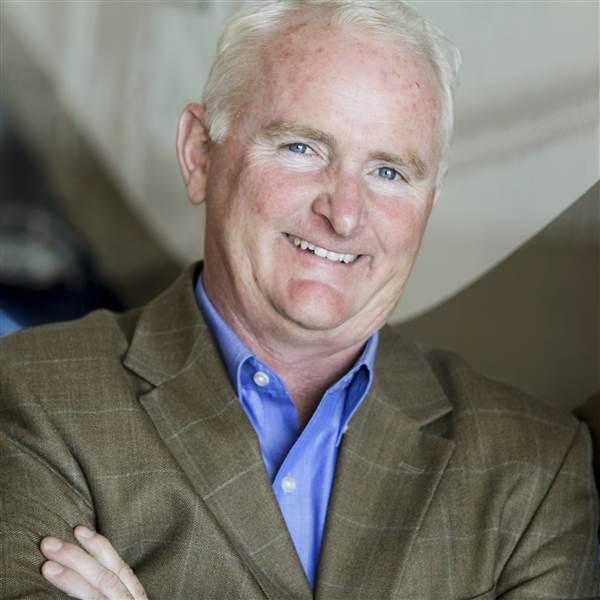President's Position: BasicMed Almost a Reality
Understand how you can benefit from medical reform
We have watched as some of the best and safest pilots have been forced to jump through hoops—or worse, denied their freedom to fly. We’ve heard countless stories of time and money wasted on unnecessary medical tests ordered not to improve the perspective on a diagnosis, but rather to satisfy a bureaucracy.
But, by the time you receive your next issue of AOPA Pilot, third class medical reform—which AOPA led the fight to achieve—will be a reality. With it will come a far more user-friendly and efficient medical certification process. Although not perfect, the regulatory changes called BasicMed will benefit hundreds of thousands of pilots by reducing the burdensome government bureaucracy and put medical decisions in the hands of pilots and their doctors—where it has always belonged.
As of this writing, pilots will not be able to fly under BasicMed until May 1. They should, however, take the time between now and the implementation date to educate themselves.
To qualify, pilots must have a U.S. driver’s license and have held a valid medical certificate, regular or special issuance, in the 10 years prior to July 15, 2016. Pilots whose most recent medical certificate was revoked, suspended, or withdrawn—or whose most recent application for a medical certificate was denied—will need to obtain a new medical certificate before operating under BasicMed. And if you have never held an FAA medical certificate, you will need to get one from an AME only once. If since your last medical you have developed certain cardiac, neurological, or mental health conditions laid out in the legislation, you will only need a one-time special issuance for each condition.
Once qualified, pilots must visit a state-licensed physician every four years for an examination and affirmation that the doctor is unaware of any medical conditions that, as presently treated, could interfere with your ability to safely operate an aircraft. Every two years, pilots will be required to take a free online medical education course—which the AOPA Air Safety Institute is finalizing now, in conjunction with the FAA; it will be available on our website.
And when you are ready to get current again, AOPA’s Rusty Pilots program has already put 3,500 lapsed pilots back in the left seat, and we are hosting seminars across the country that are free for members.
Under BasicMed, pilots can fly aircraft with a maximum certificated takeoff weight of no more than 6,000 pounds and that are not authorized to carry more than six occupants. They may carry up to five passengers at altitudes up to 18,000 feet msl and at an indicated airspeed of up to 250 knots. Pilots will be able to operate in VFR as well as IFR conditions if appropriately rated. At this time, BasicMed pilots will be limited to operating within the United States, but AOPA is working with foreign governments, including those in the Bahamas, Canada, and Mexico, in an effort to broaden your freedom to fly.
AOPA has launched a suite of online resources called Fit to Fly (www.aopa.org/FitToFly), which is dedicated to helping pilots, as well as physicians, understand the new regulations. From an online tool that helps you determine if you may be eligible to a range of frequently asked questions, the website has information about the reforms we fought so hard to win for our members. We will continue to update the Fit to Fly resources as additional elements become available, including AOPA’s free online medical education course.
If you still have questions and would like to speak to one of AOPA’s experts, call the Pilot Information Center at 800-USA-AOPA Monday through Friday, 8:30 a.m. to 6 p.m. Eastern time. To speak to an AOPA representative in person about what BasicMed means for you, we’d love to see you at any of our four 2017 AOPA Fly-Ins, which will be held April 28 to 29 at Camarillo Airport (CMA) in California; September 8 to 9 at University of Oklahoma Westheimer Airport (OUN); October 6 to 7 at Groton Airport (GON) in Connecticut; and October 27 to 28 at Peter O. Knight Airport (TPF) in Tampa, Florida. AOPA’s experts also will be at EAA AirVenture in July.
Now that medical reform is a reality we want to make sure that all our members understand how these changes will improve the process. If you have questions, please ask them; our goal is not just to achieve medical reform but also to ensure pilots take advantage of it.
Email [email protected]



